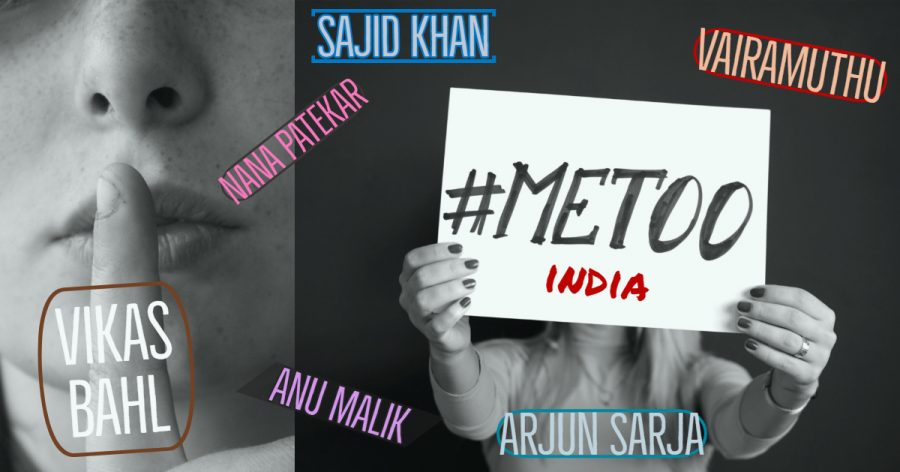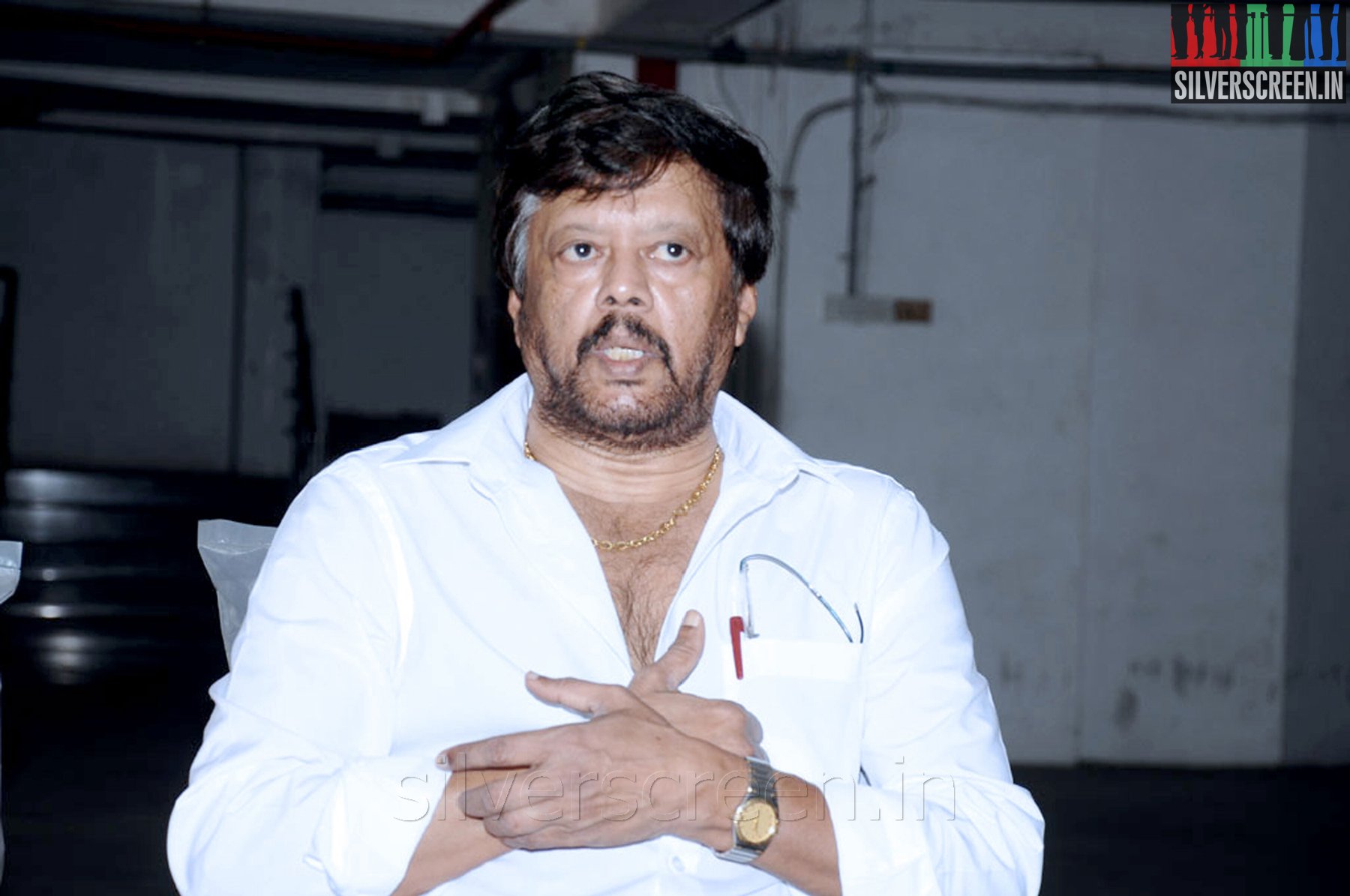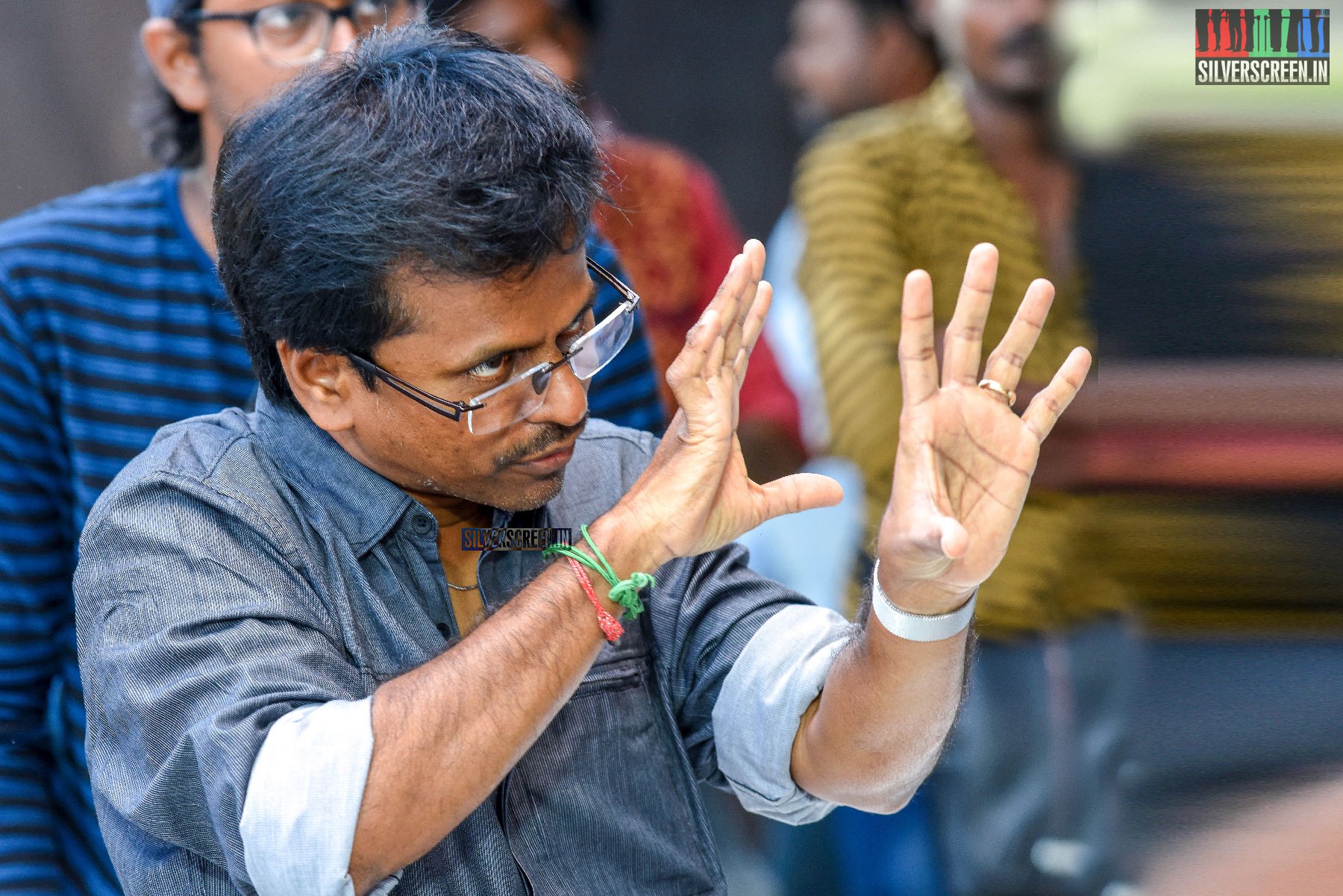Comeback actually maybe a bit of a strong word for people who never really left the scene. The men accused of sexual harassment and misconduct in the Indian #MeToo movement, especially in the entertainment space are back in prestigious big-ticket projects, even as the women continue to face backlash and boycott.
Lyricist Vairamuthu, who was accused by several women (some anonymous, some not) will work on all 12 songs of Mani Ratnam‘s Ponniyin Selvan that will have music by AR Rahman. It is not just that he was named in #MeToo but also that one of the most vocal voices of the Indian #MeToo movement and one of the women who came out in public against him, Chinmayi faced severe backlash for speaking up. She was also subject to the ire of supporters of the DMK party. Chinmayi also lost work for supporting women who spoke up against Radha Ravi.
Let me reiterate this.
Almost a year since my outing Vairamuthu as a molester.Not ONE Newspaper or Publication has asked him ANY questions.
A D V E R T I S E M E N THow do the MJ Akbar’s and Vairamuthus escape any and All questions, get mollycoddled and party with the powerful?
None of it makes sense https://t.co/OKbUeUVnjU
— Chinmayi Sripaada (@Chinmayi) August 23, 2019
Fact remains –
all the men named have been successfully whitewashed.
The women who outed their molesters always have the #MeToo movement mentioned in their articles. Zilch for the men.
MJ Akbar, And until recently Kuldeep Sengar are examples. https://t.co/zhFBIBTmuX— Chinmayi Sripaada (@Chinmayi) August 23, 2019
On September 10, Chinmayi tweeted a message that drew attention to the long term impact of women and men speaking out against abuse. “The past year has been volatile. Something I walked in to with full knowledge and I hold no regrets. In about a month or so it will mark 1 year of being banned by the Tamil Film Dubbing Union headed by Radha Ravi. As a 15 year old girl I met 3 men in awe at Panchatan Studios. The man I didn’t recognise eventually, but looked up to as a respectable, great lyricist ended up molesting me, breaking my trust in his age, stature and position… the #MeToo movement was catharsis for us. Us women and some men were finally free of the shackles that society weighed down on us. I was 100% sure it would have no effect on Vairamuthu’s work. And that doesn’t mean #MeToo is a failure. Today talking of sexual harassment is living room conversation. Schools / colleges are open to having workshops on safe / unsafe touch because of the movement. People are able to question and ask for ICCs even if they still largely remain toothless. The #MeToo Movement has started the conversation and lasting change will take time, as disappointing as recent developments may be. The point is to keep the conversation alive,” she wrote.
Journalist Priya Ramani who spoke up against former BJP Minister MJ Akbar’s sexual misconduct faces a criminal defamation case as does filmmaker-poet Leena Manimekalai. Journalists and everyone following Ramani’s case were aghast at the kind of questions she was asked by Akbar’s lawyers recently. “I hope that these disclosures that were a part of the ‘MeToo’ movement would empower women to speak up and better understand their rights at the workplace. This case has come at a great personal cost to me and I had nothing to gain from it,” Ramani said in the court.
Leena too faces prosecution for speaking against filmmaker Susi Ganesan. “It is outrageous that the predators and rapists can protect themselves with the defamation laws while the woman who dared to speak up are witch-hunted. What a social sanction the harassers have and how it is so taken for granted for the women to be violated. What is staggering is the silence around me. Silence that is as loud as a bomb. I am watching everything and everyone and I will remember. I spoke up because I wanted to live the politics I speak and embrace. I face the trials as they are part of the political process I am committed to. I will persevere till I see the end however alone I am let to be. I see this also as the essence of my being. It only makes me stronger and undestroyable,” she told Silverscreen.
Shruti Hariharan who spoke up against actor Arjun Sarja molesting her on the sets of Vismaya too faces criminal defamation. Last month, “Hariharan’s counsel had moved an application in the 22nd Additional City Civil Court, submitting that the defamation suit was not maintainable, and thus, should be dismissed. However, the judge Suvarna K Mirji rejected Hariharan’s application,” a report in The New Indian Express said.
Meanwhile, Aamir Khan who’d earlier refused to work with Subhash Kapoor because of #Metoo is now working with him on Mogul, Gulshan Kumar’s biopic. In an interview with Hindustan Times the actor said that he and wife Kiran Rao “decided to meet a lot of women who had worked with Mr Kapoor. This was to just get an idea and verify it for ourselves, that are other women also uncomfortable with him?” He also said, “I couldn’t sleep at night because I used to constantly feel that my actions have inadvertently caused a person, about whose guilt I have absolutely no idea, to lose his right to work and earn a livelihood.”
Tanushree Dutta who spearheaded the Bollywood #MeToo movement, in a sense, told Mid-day in response: “How come nobody in Bollywood has sleepless nights when a woman becomes a victim of abuse and is not able to work due to the trauma and ostracisation. If he has agreed to hire this guy, why not hire the woman [Geetika Tyagi] who suffered the consequences of his actions? Why do only the creepy men of Bollywood get compassion? Let the girls also see some of that saintly do-goodery.”
Anu Malik who, post an accusation by Shweta Pandit stepped down as judge in Indian Idol is back as a judge for this season.
The rehabilitation of the multiple accused @IndiaMeToo Anu Malik by @SonyTV on Indian Idol within a year as judge is a slap to ALL the good people of #India who want a better & safer future for their children, let alone women. #AnuMalik #RatReturnsToTheGutter & #SpreadingFilth ? https://t.co/6VWVMWmfjE
— ShutUpSona (@sonamohapatra) September 9, 2019
Sonam Mahapatra had said last year that Malik was a serial predator.
Recommended
In October 2018, members of Phantom, the production house, announced the end of their partnership as a result of an allegation of sexual harassment and assault against one of the members, director Vikas Bahl. A piece, written by journalist Ankur Pathak, carried statements by the survivor who spoke about how Bahl assaulted her in 2015 during the promotional events for Bombay Velvet. In June 2019, an internal inquiry by Reliance Entertainment cleared Bahl of the harassment charges. An India Today report quoted Shibasish Sarkar, Group CEO, Reliance Entertainment, as saying, “Yes, it is true that the Internal Complaints Committee report has exonerated Vikas Bahl. With ICC clearing Vikas Bahl’s name, we don’t have a choice but to reinstate his credit as director of Super 30.”
One of the biggest complaints against the #MeToo movement last year was that it didn’t follow ‘due process’ and was affecting men’s lives and careers disproportionately. A year later, those who were for the movement stand vindicated even as the men accused make grand comebacks and the women continue to pay a heavy price for speaking up.



